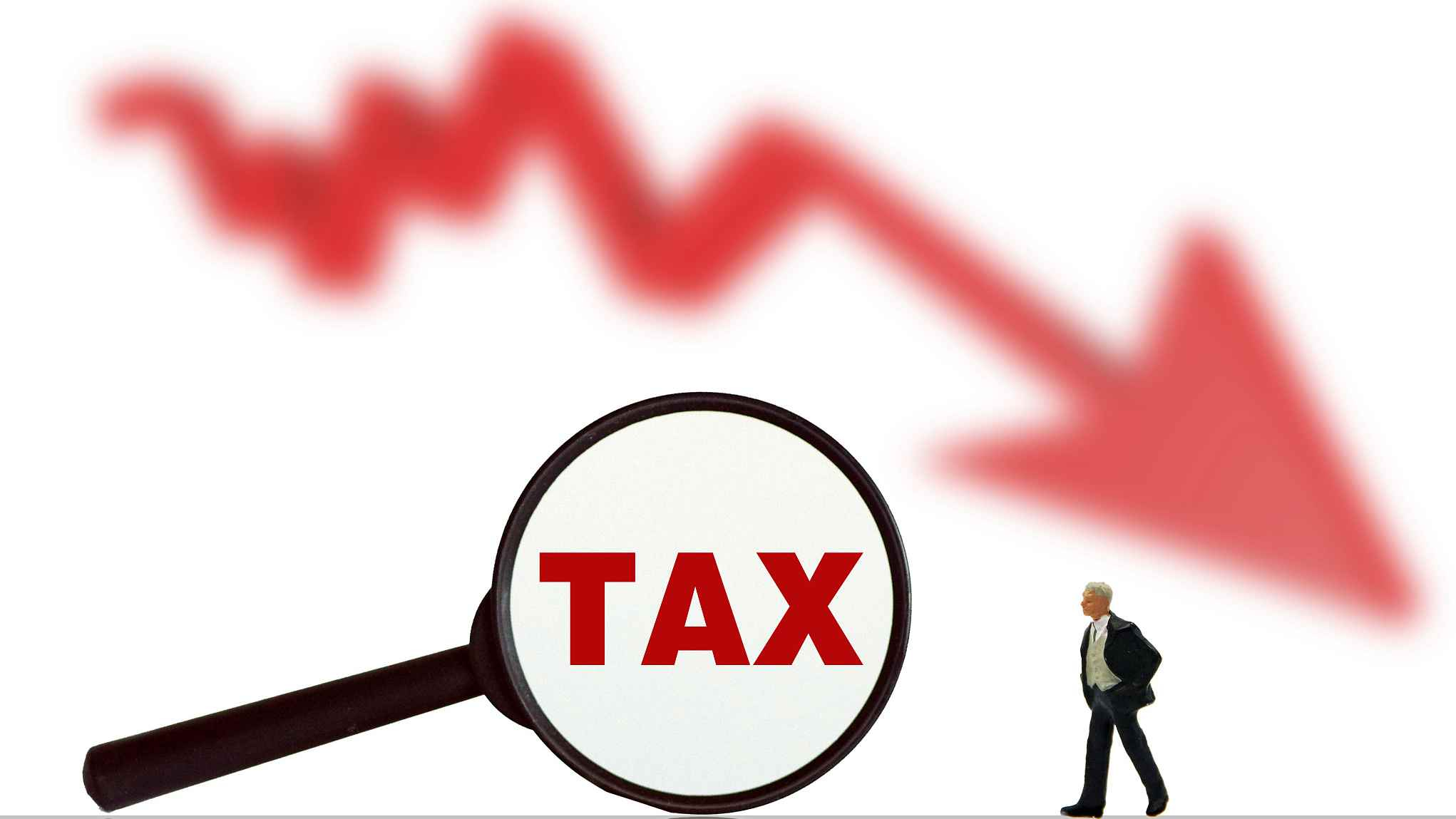
Business
12:21, 20-Jun-2018
Tax cut proposed to ensure fairer income distribution in China
CGTN

China's top legislature began reviewing a draft amendment to the Individual Income Tax Law on Tuesday, mainly to raise the minimum threshold.
The draft amendment, submitted for the first reading at a bimonthly session of the National People's Congress (NPC) Standing Committee, raises the minimum threshold for personal income tax from 3,500 yuan (about 544 US dollars) to 5,000 yuan per month, or 60,000 yuan per year.
This standard will also be applicable to those who have no domestic residence but receive an income from wages in China, as well as those who live in China but receive an income from overseas wages.
Good news for middle to lower income groups
Considering people's rising consumption expenses, the draft amendment adds special expense deductions for items like children's education, higher education, treatment for serious diseases, as well as housing loan interest and rent.
"This is the first time that special expense deductions have been introduced in China's individual income tax system," said China’s Finance Minister Liu Kun.
The changes are conducive to reducing tax burdens for taxpayers, raising people's income and boosting consumption.
The amendment defines resident individuals and non-resident individuals as two types of taxpayers. In addition, the length of time used to distinguish between the two groups will be adjusted to 183 days from the previous 365.
The individual income tax was the third major contributor to China's total tax revenue, following value-added tax and enterprise income tax. In 2017, China collected individual income taxes worth nearly 1.2 trillion yuan, about 8.3 percent of the total tax revenue.
If the revisions are adopted, those whose monthly salary ranges from 5,000 yuan to 20,000 yuan will see their tax cut by over 50 percent and those whose monthly salary ranges from 20,000 to 80,000 will see their tax cut by 10 to 50 percent.
"The personal income tax reform is primarily a good news for middle to lower income groups as people with less income will see a larger tax reduction," said Li Wanfu, head of the institute of tax science of the State Administration of Taxation.
Flexible taxation prevents tax evasion
The draft amendment also adds an anti-tax avoidance clause, empowering tax authorities to adjust tax rates when individuals transfer property in violation of independent trading.
Individuals will also be subject to the clause when they evade taxes through overseas tax havens or obtain improper tax benefits by organizing unlawful commercial activities.
"The addition of the clause is meant to let taxpayers pay their taxes in accordance with the law, which is better for the society," Li said.
"Concerted efforts are needed to fix tax evasion loopholes and make taxation more open and transparent," Li added.
Source(s): Xinhua News Agency

SITEMAP
Copyright © 2018 CGTN. Beijing ICP prepared NO.16065310-3
Copyright © 2018 CGTN. Beijing ICP prepared NO.16065310-3